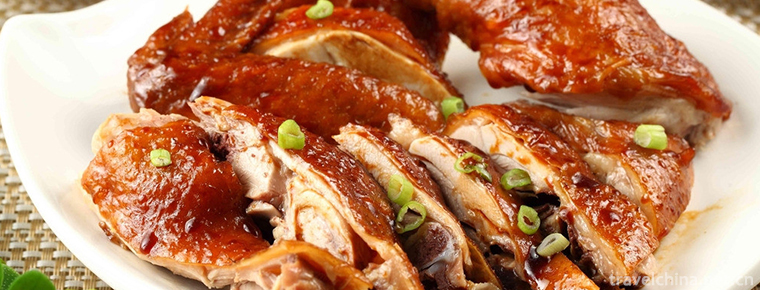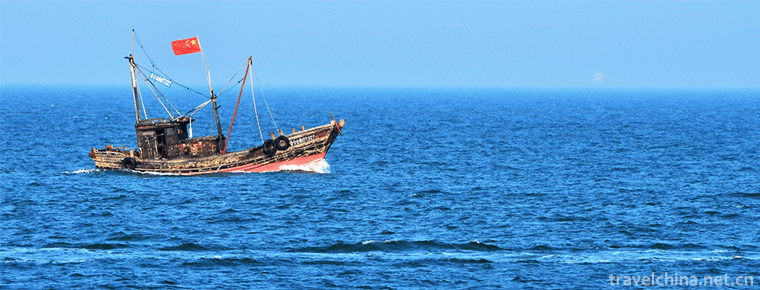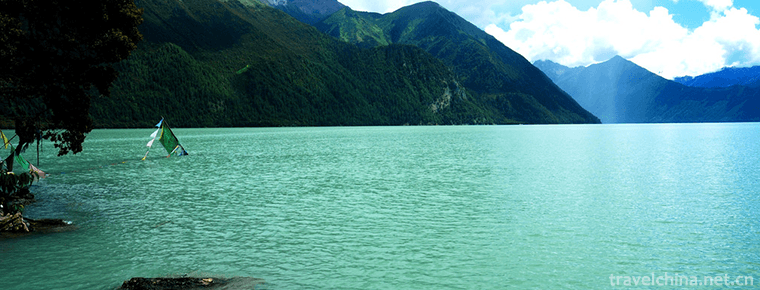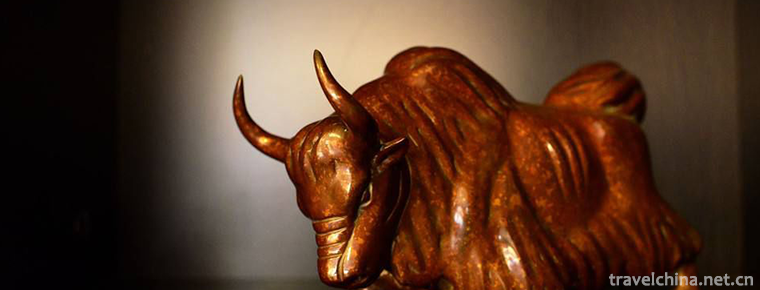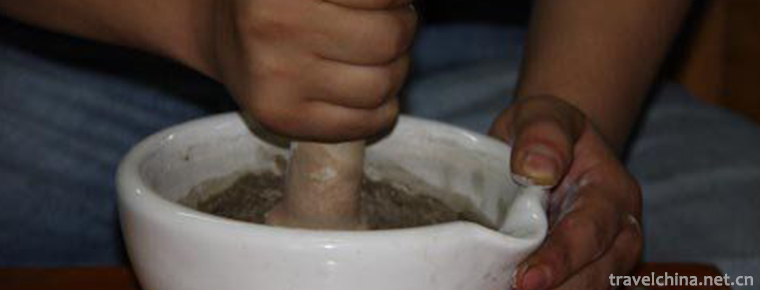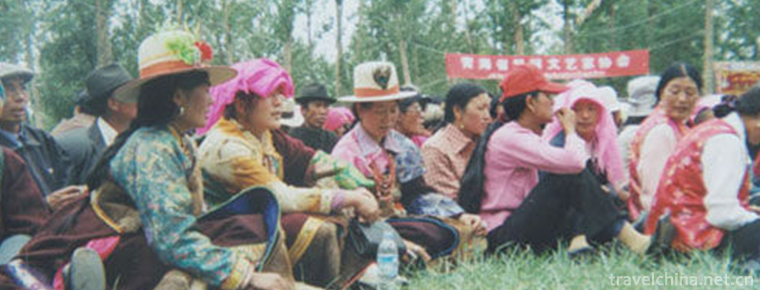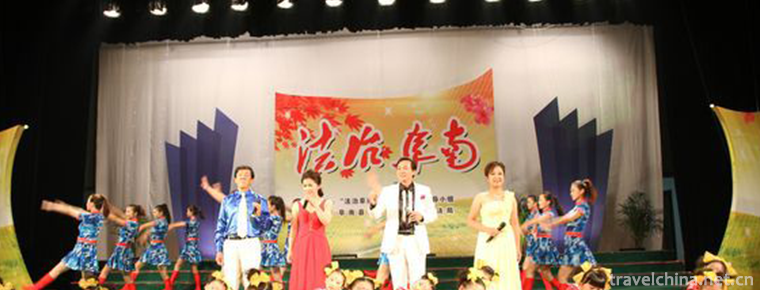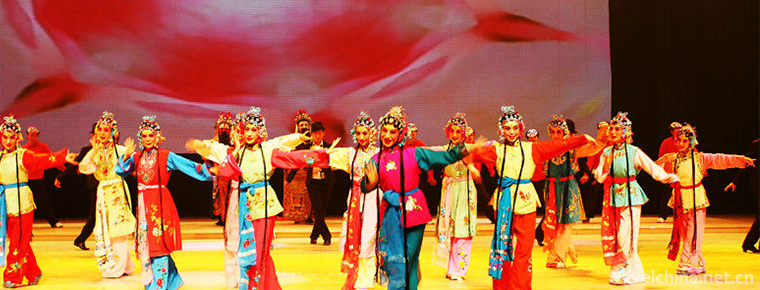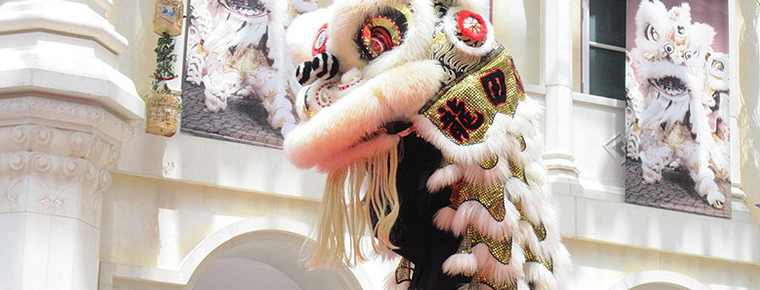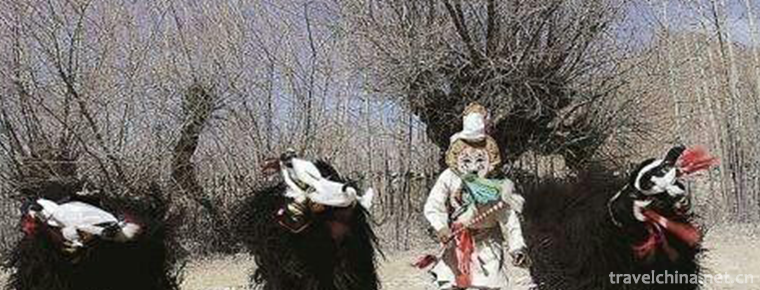Floral water bay hot spring resort
Floral water bay hot spring resort
Huashuiwan Hot Spring Resort is located at the foot of Xiling Snow Mountain in Dayi County, Chengdu, Sichuan Province, surrounded by mountains on all sides. National AAAA scenic spot. It covers an area of 13.5 square kilometers. It belongs to the geographical region of southern China. Huashuiwan Hot Spring Tourist Area is a hot spring tourist area which integrates tourism, sightseeing, recreation, vacation, leisure, business, conference, exploration and entertainment.
Historical culture
Huashuiwan Hot Spring was discovered in the early 1970s. Feasibility study began in 1992, and hot springs were successfully drilled in August 1994. At the end of 1996, the first hotel with hot spring recuperation as its main form officially opened, and now it has become the largest professional hot spring recuperation and vacation center around Chengdu.
Huashuiwan hot spring water temperature as high as 68 C, daily flow of 8400 cubic meters. According to the survey data, the total reserves of Huashuiwan hot spring water are 200 million cubic meters, which can guarantee water supply for more than 100 years, and can produce 3900 cubic meters of natural gas per day. The water temperature, total hydrogen sulfide and lithium of Huashuiwan hot spring water have reached GB/T13727-92 medical mineral water quality standard. The hot spring water is rich in trace elements such as fluorine, iodine, bromine, boron, strontium, magnesium, sodium and metaboric acid which are beneficial to human body. It belongs to high salinity, heat, lithium and hydrogen sulfide mineral springs containing fluorine, metaboric acid. It has high medical value. According to the type of bath hot spring, it belongs to the compound spring of "hydrogen sulfide spring" and "sodium chloride spring", "hydrogen sulfide spring" has considerable curative effect on various skin diseases, such as scabies, ringworm, chronic eczema, itching, neurodermatitis, and has good effect on the heart, especially on chronic rheumatoid arthritis; while "sodium chloride spring" is like sea water bath, it has a significant effect on various systems of the human body. The body produces good effects, promotes human metabolism, adjusts the tension of vegetative nerves, and improves human body's physique.
Huashuiwan Hot Spring Resort is located in Huashuiwan Town, Dayi County, Chengdu City, Sichuan Province. It is 82 kilometers away from Chengdu and only 16 kilometers away from Xiling Snow Mountain.
The geographical environment of Huashuiwan is mainly composed of hills, gentle terrain, cliffs and valleys, with an average altitude of 1000 meters. The average temperature in summer is 3 to 5 degrees lower than that in Chengdu Plain. Because it is located in the temperate zone and in the basin, it has a pleasant climate and good weather all the year round. The weather is cool in summer and warm in winter as spring.
Huashuiwan Hot Spring is famous for its "Yao Chi on Earth" and is well known throughout Sichuan. Huashuiwan Hot Spring, a natural and unique geothermal mineral water, belongs to the ancient sea spring water and is the only large-scale hot mineral water named after medical hot mineral water in Chengdu. It has the characteristics of large flow, high water temperature and good quality of medical mineral water. The scenic spot has become the nearest large-scale tourist resort to the metropolis in China, with a total area of 13.5 square kilometers.
Main attractions
There are many rare plants such as Davidia involucrata, Ginkgo biloba and rare animals such as pandas and golden monkeys in Huashuiwan hot spring area. There are numerous large natural caves, cliffs and rocks, and exotic flowers and herbs. The climate in the area is pleasant. There is no hot summer in summer and no severe cold in winter. The average temperature in winter and summer is 3-5 degrees Celsius lower than that in Chengdu Plain. Huashuiwan scenic area is the only large-scale geothermal water resources area named after medical hot mineral springs in Chengdu. Huashuiwan has become a classic brand of Chengdu tourism, filling the gap of long-term non-thermal mineral water convalescent tourism in Chengdu. And several other scenic spots complement each other. It is complementary to the Xiling Snow Mountain Scenic Spot and forms a unique tourism spectacle of "one hot, one cold" and "one static and one dynamic". It is also a multi-functional scenic spot with the National Forest park, Qianfo Mountain Scenic Spot and Hot Spring Park. Huashuiwan Hot Spring Resort Town has been built into a large-scale hot spring recuperation and vacation base integrating tourism, leisure vacation, hot spring bath and recuperation. The reasonable allocation of hot springs and skiing tourism brand has formed the resource integration of "skiing on the mountain, soaking in hot springs under the mountain", and "snow mountain hot springs, holiday leisure" has become the tourism brand of Dayi.
Tourist guide
Tickets for scenic spots
Hot spring fares range from 98.00 to 238.00 yuan.
Traffic guide
Self help tour
A Chengdu Jinsha Station - Dayi Station: an average of 10 minutes;
B Dayi Station - Xiling Town: 20-30 minutes, via Heming Mountain-Huashuiwan Hot Spring Resort Town.
C Chengdu Jinsha Station - Xiling Snow Mountain Scenic Spot: Start at 9:30 a.m. punctually through Hemingshan - Huashuiwan Hot Spring Resort Town. Return time is 14:00 and 16:00.
Self-driving travelling
Chengdu departure - Shangcheng Wenyong Expressway (full fare, Sichuan A license plate free) - through Jinma, Yangma, Chongzhou - Dayinan Expressway Exit - turn right to T-junction of Shell Gas Station, turn right to Dashuang Road - Heming Mountain - Huashuiwan
Time and kilometers: Chengwenqiong Expressway Section: 50 kilometers, about 40 minutes.
Dayi County South to Huashuiwan Section: 40 km


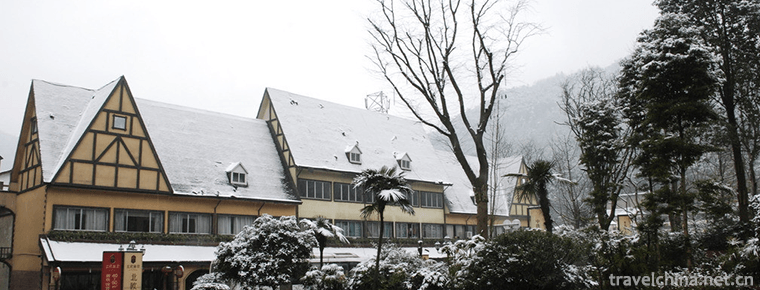
-
Red Cooked Chicken Daokou Style
Red-Cooked Chicken, Daokou Style is one of the traditional specialties. It is made by Yixing Zhang family roast chicken shop in Daokou Town, Huaxian County, Henan Province.
Views: 237 Time 2018-11-26 -
Wanpingkou Scenic Area
Wanpingkou scenic spot is located in Rizhao, a beautiful coastal city in Shandong Province. "Tourist sunshine is bound to Wanpingkou" has become the consensus of tourists around the world.
Views: 88 Time 2018-12-17 -
Bassoon ba song cuo
Basongtao, also known as Caogao Lake, means "green water" in Tibetan. It is about 18 kilometers long. Its surface area is about 27 square kilometers..
Views: 253 Time 2019-01-02 -
Manufacturing Techniques of Spotted Copper
The bronze production technology, the traditional handicraft of Qujing City, Yunnan Province, is one of the national intangible cultural heritage..
Views: 145 Time 2019-04-03 -
Production Techniques of Tibetan Mineral Plant Pigments
Since the emergence of human beings, mineral pigments have been accompanied by human beings. Mineral pigments were first used to draw murals.
Views: 205 Time 2019-04-09 -
Tibetan Layi
Tibetans are divided into three major dialect areas: Weizang, Kangba and Anduo, which form three areas with cultural characteristics combined with topography..
Views: 109 Time 2019-04-10 -
Haizi Opera
Hezi Opera is one of the traditional operas in Anhui Province. It was named after the pronunciation of the word "sea". It is popular in some areas of Anhui and Henan.
Views: 194 Time 2019-05-03 -
Western Fujian drama
Western Fujian Han Opera, formerly known as "Waijiang Opera", also known as "Ran Tan", is one of the local operas in Fujian. He was born out of foreign operas, absorbed Hakka diale.
Views: 205 Time 2019-06-05 -
lion dance
Lion dance, also known as "Lion Dance", "Lion Lantern", "Lion Dance", "Lion Dance", "Lion Dance", is one of the folk dances of all ethnic groups in Ch.
Views: 81 Time 2019-06-14 -
Xie Rong Zhongzi
Xierong Zhongzi still keeps the primitive and simple legacy, from which we can see the spiritual sustenance and aesthetic pursuit of Tibetan ancestors. This kind of primitive culture and art has becom.
Views: 181 Time 2019-07-06 -
Jiajinshan National Forest Park
Xiaojin County of jiajinshan National Forest Park is located at the northern foot of Jiajin mountain in the east of Xiaojin County, Aba Tibetan and Qiang Autonomous Prefecture, Sichuan Province. .
Views: 320 Time 2020-11-07 -
Soil characteristics of Suining
The strata in Suining City are mainly limestone in the lower part and purplish red sandy soil and mudstone in the upper part. Therefore, Suining area is also known as "red soil land"..
Views: 297 Time 2020-12-16
